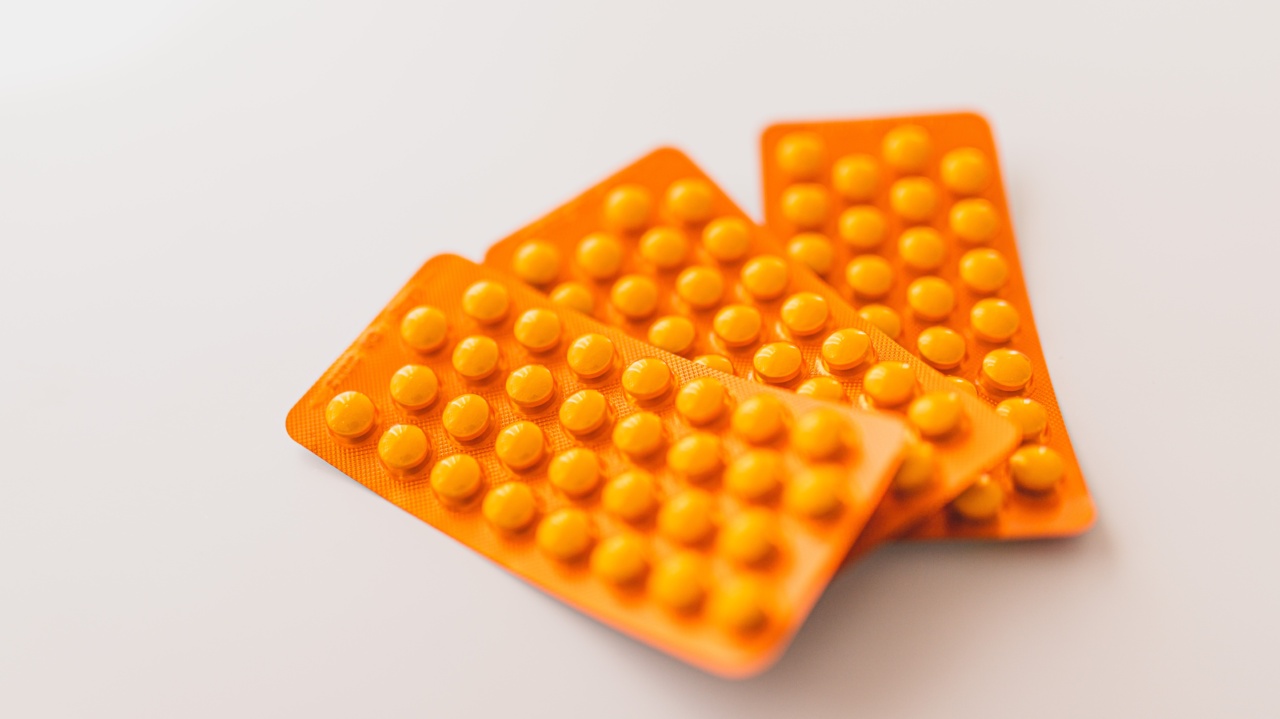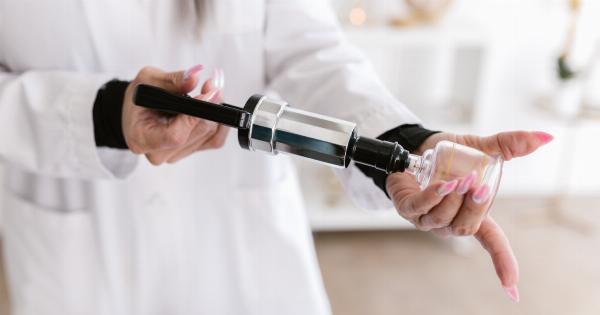Hangovers can be a dreadful experience. Waking up with a pounding headache, feeling nauseous, and having a general sense of discomfort can ruin your entire day.
Whether it was a night of celebratory drinks or just a casual gathering with friends, the aftermath can leave you longing for a magical cure. Fortunately, there may be a solution to help alleviate the symptoms of hangovers – the nausea and headache pill.
The Science behind Hangovers
Before we delve into how the nausea and headache pill works, let’s first understand what causes hangovers. When you consume alcohol, it affects various systems in your body, including your digestive, circulatory, and nervous systems.
One of the primary reasons for hangovers is dehydration. Alcohol is a diuretic, meaning it increases urine production, leading to fluid loss. Dehydration can cause headaches, fatigue, and dizziness, which are common symptoms of a hangover.
Alcohol also irritates the lining of the stomach, leading to nausea and sometimes vomiting. Additionally, it impacts the production of certain chemicals in the brain, resulting in mood disturbances and increased sensitivity to light and sound.
The Nausea and Headache Pill: An Effective Solution?
The nausea and headache pill, developed specifically to target hangover symptoms, can potentially provide relief and help you get back on your feet faster. These pills usually contain a combination of ingredients aimed at combating specific symptoms.
1. Pain-Relieving Ingredients
A key component of the nausea and headache pill is pain-relieving medication. Commonly, these pills contain ingredients like acetaminophen or ibuprofen, which can help alleviate headache and body aches.
These ingredients work by reducing inflammation and blocking pain signals to the brain.
2. Anti-Nausea Medications
Another crucial element commonly found in these pills is anti-nausea medication. These medications, such as dimenhydrinate or meclizine, work by targeting the parts of the brain responsible for triggering nausea and vomiting.
By blocking these signals, they can provide relief from hangover-induced nausea.
3. Rehydration Components
To address the dehydration caused by alcohol consumption, some nausea and headache pills also include rehydration components.
Electrolytes like potassium and sodium, as well as vitamins like B12, help replenish lost fluids and nutrients, aiding in rehydration and combating the effects of dehydration.
4. Liver Support Ingredients
Alcohol can put stress on the liver, hindering its ability to process toxins and causing inflammation.
Some nausea and headache pills include ingredients like milk thistle or dandelion root, which are believed to support liver function and promote its detoxification process.
How to Use the Nausea and Headache Pill
It’s essential to follow the recommended dosage and instructions provided by the manufacturer when using the nausea and headache pill.
Typically, these pills are taken with a glass of water, as water can aid in the absorption of the medication and contribute to the rehydration process. It is important not to exceed the recommended dosage, as it can lead to adverse effects or interactions with other medications.
Preventing Hangovers
While the nausea and headache pill can be effective in managing hangover symptoms, prevention is always better than cure. Here are some tips to help minimize the likelihood and severity of hangovers:.
1. Stay Hydrated
Drinking water alongside alcoholic beverages can help counteract the dehydrating effects of alcohol. Aim to have a glass of water between each alcoholic drink and drink plenty of water before going to bed.
2. Pace Yourself
Avoid binge drinking and space out your alcoholic beverages. The body can only metabolize a certain amount of alcohol per hour. By spacing out your drinks, you give your body enough time to process the alcohol and minimize its impact.
3. Eat Before and During Drinking
Consuming a meal before drinking can slow down the absorption of alcohol into the bloodstream, reducing its effects. Additionally, snacking on food while drinking can help further slow down alcohol absorption.
4. Choose Your Beverages Wisely
Some alcoholic beverages, such as dark liquors and red wine, contain higher levels of compounds called congeners, which can contribute to more severe hangovers.
Opt for lighter-colored drinks, like vodka or light beer, which typically have lower congener content.
5. Get Ample Rest
Ensure you get enough sleep after a night of drinking. Sleep helps the body recover and rejuvenate, aiding in the process of overcoming hangover symptoms.
The Nausea and Headache Pill: A Hangover Helper
While the nausea and headache pill can provide relief from hangover symptoms, it should not be seen as a license to indulge in excessive alcohol consumption. It is essential to drink responsibly, knowing your limits and being mindful of your health.
The next time you find yourself nursing a hangover, consider giving the nausea and headache pill a try. However, always remember that prevention is key.
By following responsible drinking habits and taking care of your body, you can save yourself from the dreaded aftermath of a night of revelry.



























